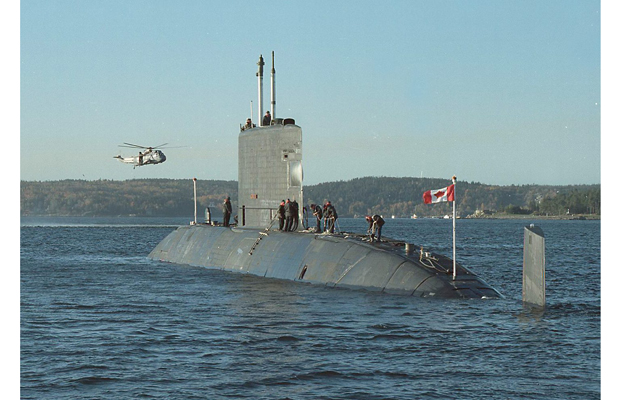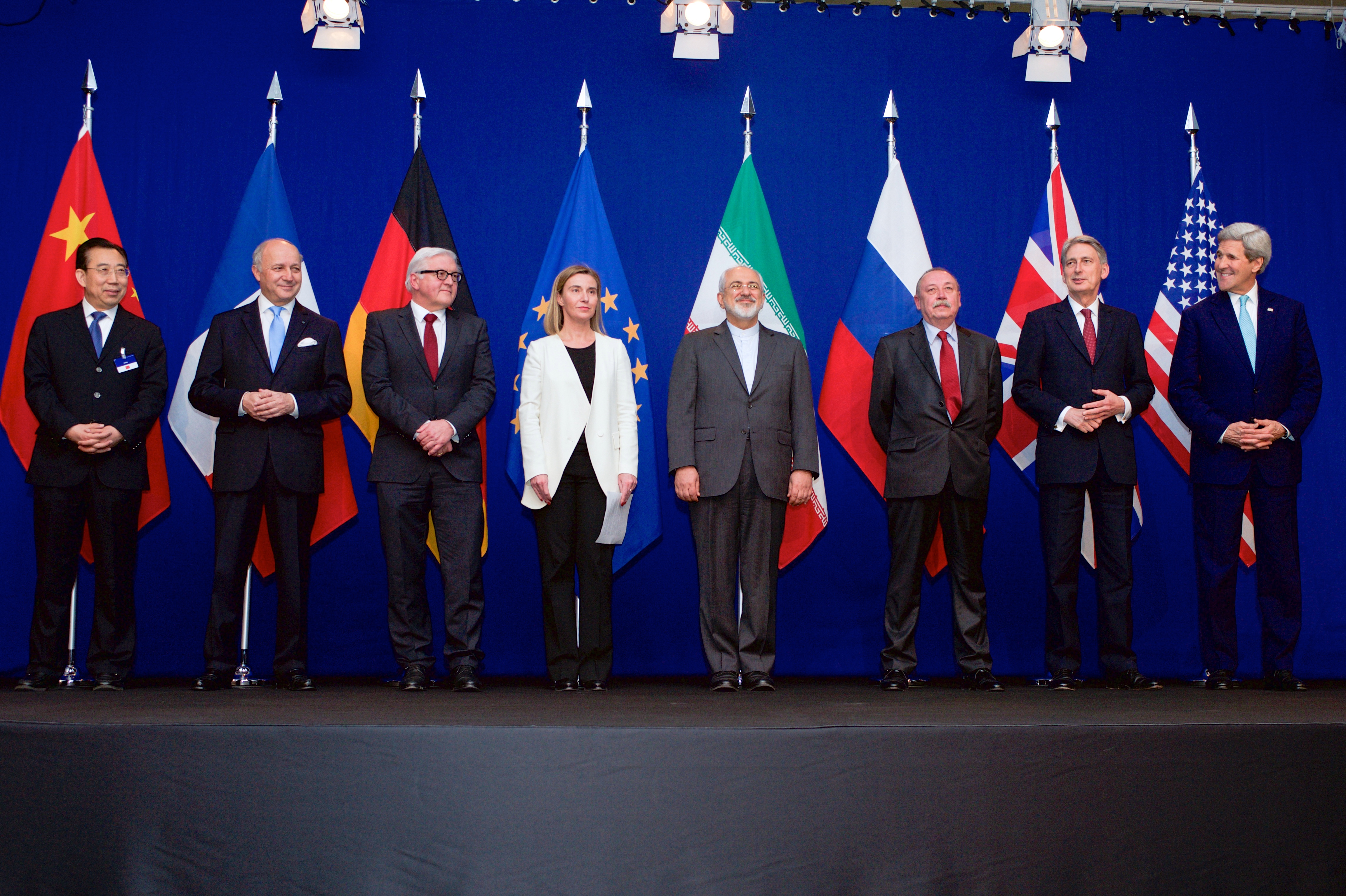One of Canada’s longest running defence procurement controversies involves the Royal Canadian Navy’s submarine fleet. The RCN currently operates four Victoria Class diesel-electric submarines purchased from the United Kingdom in the late 1990s. For the last fifteen years, the Victoria Class submarines have faced a series of problems, including technical malfunctions and fatal accidents, which have cost millions in repair costs. Originally known as the Upholder Class, the submarines were built in the 1980s to replace the Royal Navy’s previous diesel-electric submarine fleet. After the end of the Cold War, the United Kingdom decided to focus on its nuclear submarine fleet and sold its four diesel electric submarines to Canada.
Almost from the very beginning, problems started to emerge that called the whole project into question. In 2004, the HMCS Chicoutimi experienced a serious fire while en route from Scotland to Nova Scotia. One sailor was killed and several others were injured in the accident. That same year, HMCS Victoria suffered a serious technical malfunction that required six years of repairs. All four submarines have experienced a variety of problems in the years since then. Not only have taxpayers spent millions on urgent repairs over the last decade and a half, but even regular refits have exceeded cost and time estimates. At one point in the summer of 2011, Canada did not have a single submarine that was fully operational, while it has even been a challenge to have fifty percent of the fleet, one submarine on each coast, operational at any one point.
RCN submarines have not been involved in any major combat engagements since the end of the Second World War and the Victoria Class submarines have not participated in any of Canada’s combat missions since they were acquired. It seems unlikely the RCN’s submarine fleet will play a major combat role in the foreseeable future.
Historically, Canada has rarely undertaken unilateral military action. Particularly in recent decades, Canada’s military engagements have mostly been alongside other allies. During the 2011 military intervention in Libya, Canada contributed two warships, but no submarines. By contrast, France, the US and the UK did deploy a variety of submarines, including many capable of launching cruise missiles at land targets—something Canada’s Victoria Class submarines cannot do. Realistically, if Canada became involved in a future conflict, it seems reasonable that another ally could provide any necessary submarine capabilities.
The Federal Government’s official policy on the RCN’s submarine fleet has remained remarkably consistent over the past number of years. Despite calls for change, senior policymakers have been reluctant to discuss replacing the Victoria Class submarines. It seems there are a number of difficulties preventing a major shift in procurement policy on this issue.
The last several years have seen a series of defence procurement setbacks, many of them politically damaging. In light of those events, it seems doubtful the Federal Government would initiate another procurement program unless fully necessary. Acquiring new submarines would likely open up a fierce debate about whether Canada needs new submarines at all and a politically charged controversy could erupt if the RCN decided to acquire nuclear-powered submarines. In addition, the acquisition of new submarines is even more unlikely at a time when the Royal Canadian Navy’s budget is being pared back. As Michael Byers and Stuart Webb noted in a June 2013 Globe and Mail article, “the lack of a plan will result in the end of Canada’s submarine program – through neglect and obsolescence, rather than design.”




